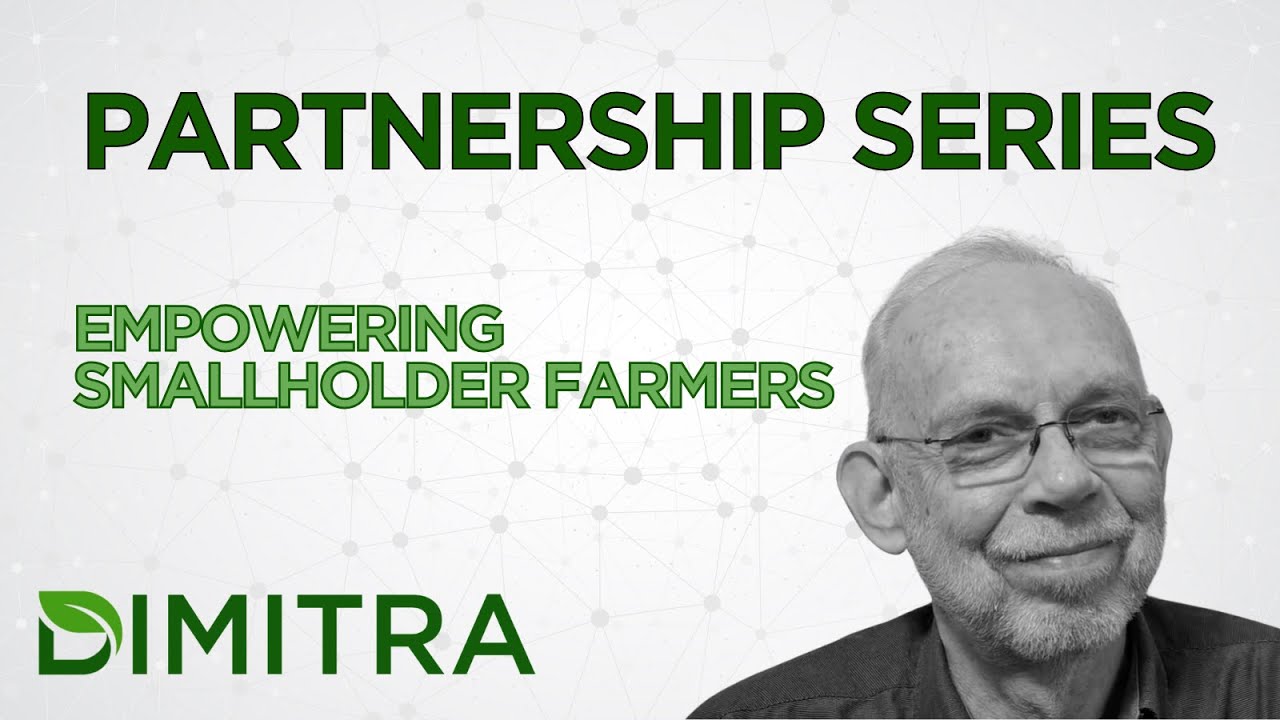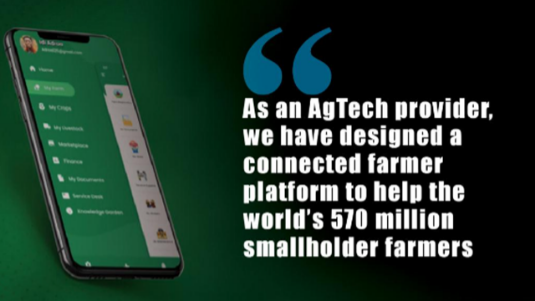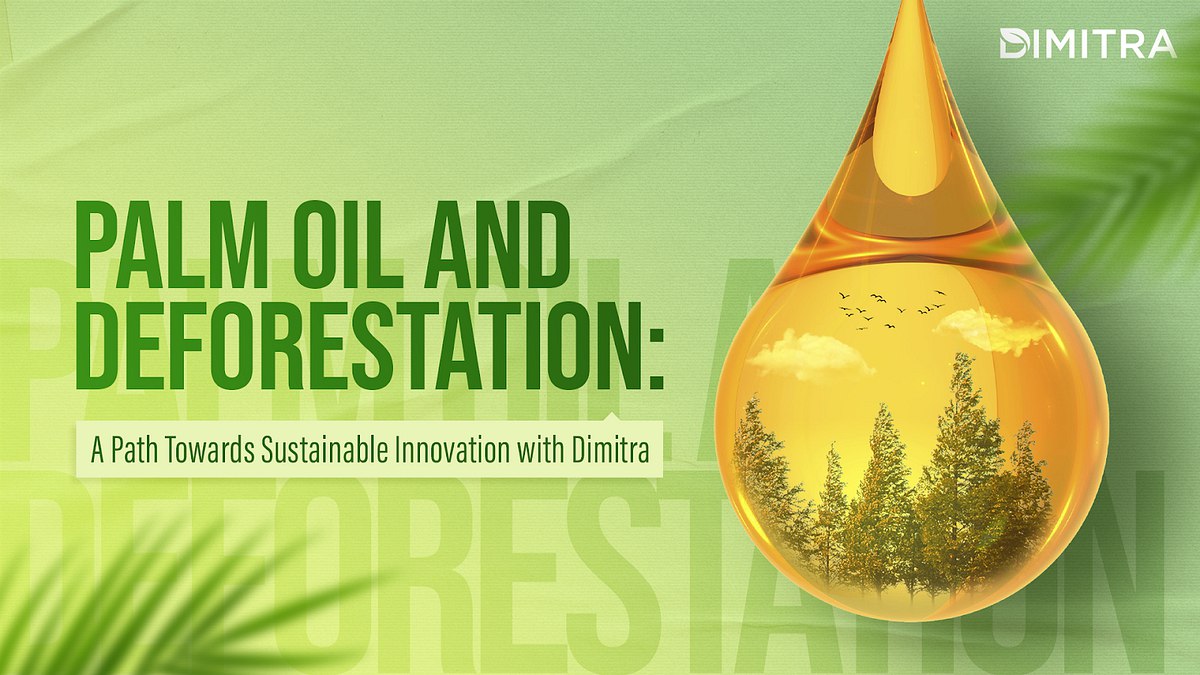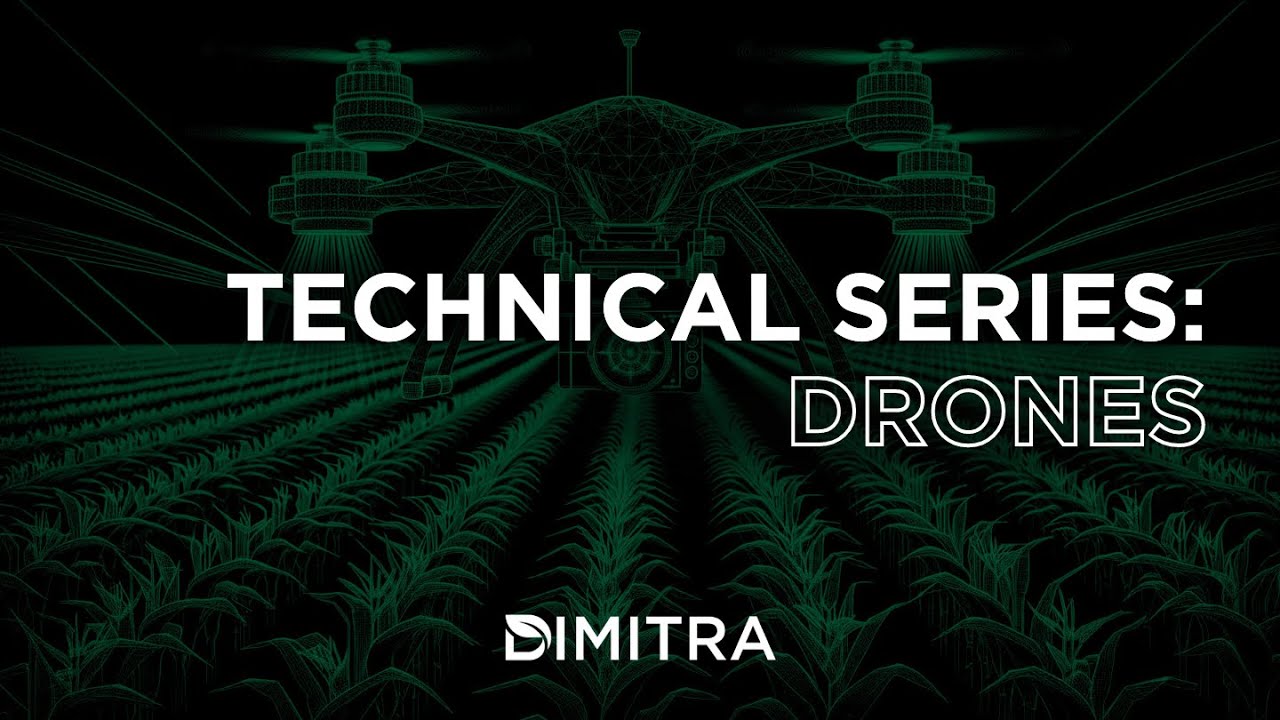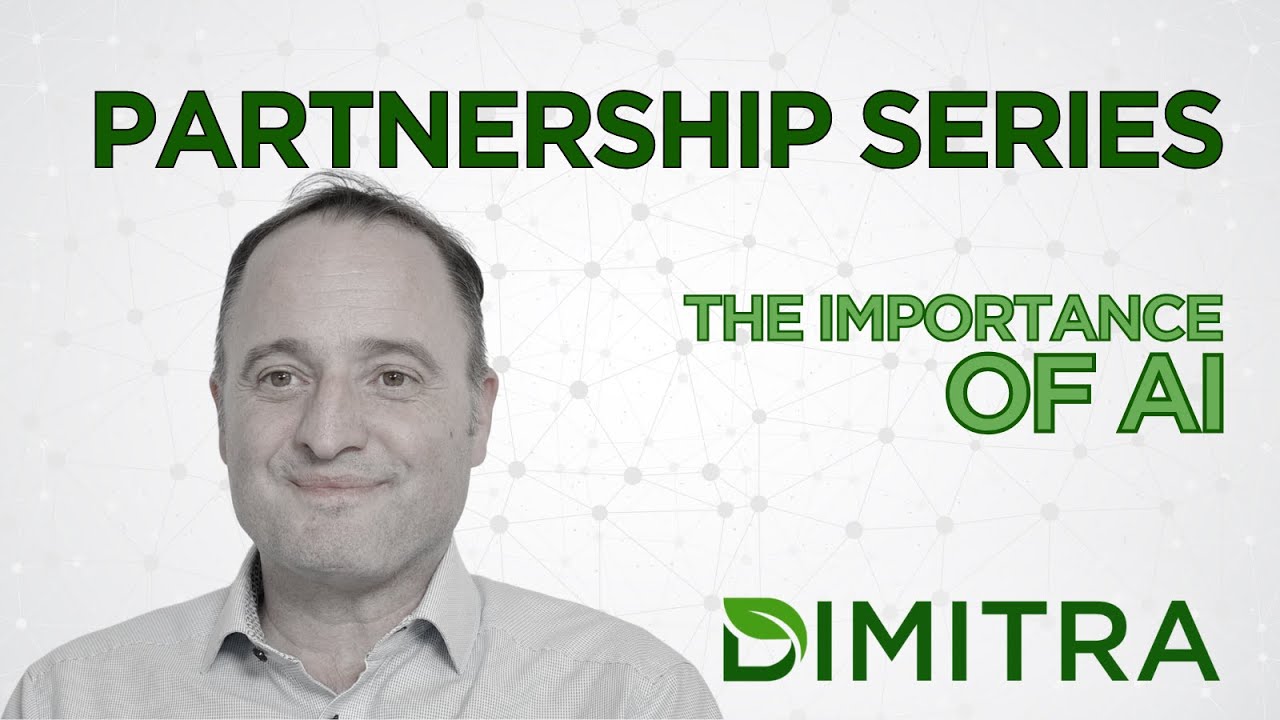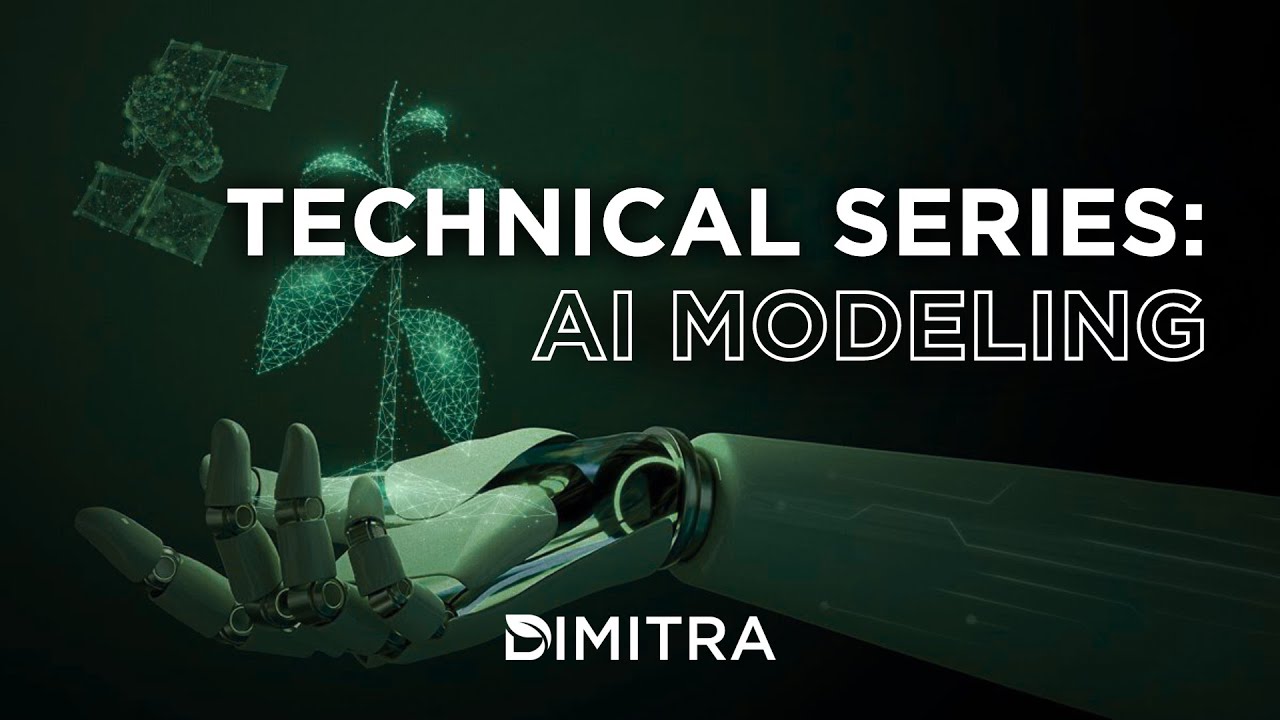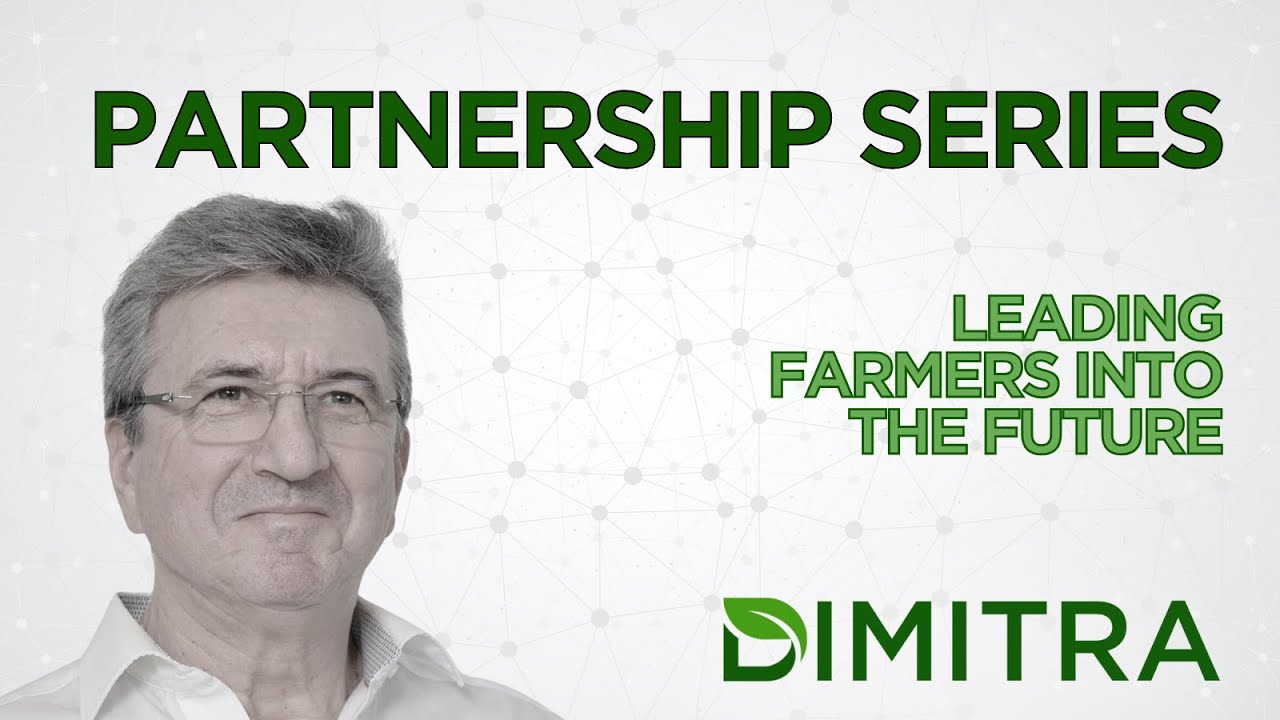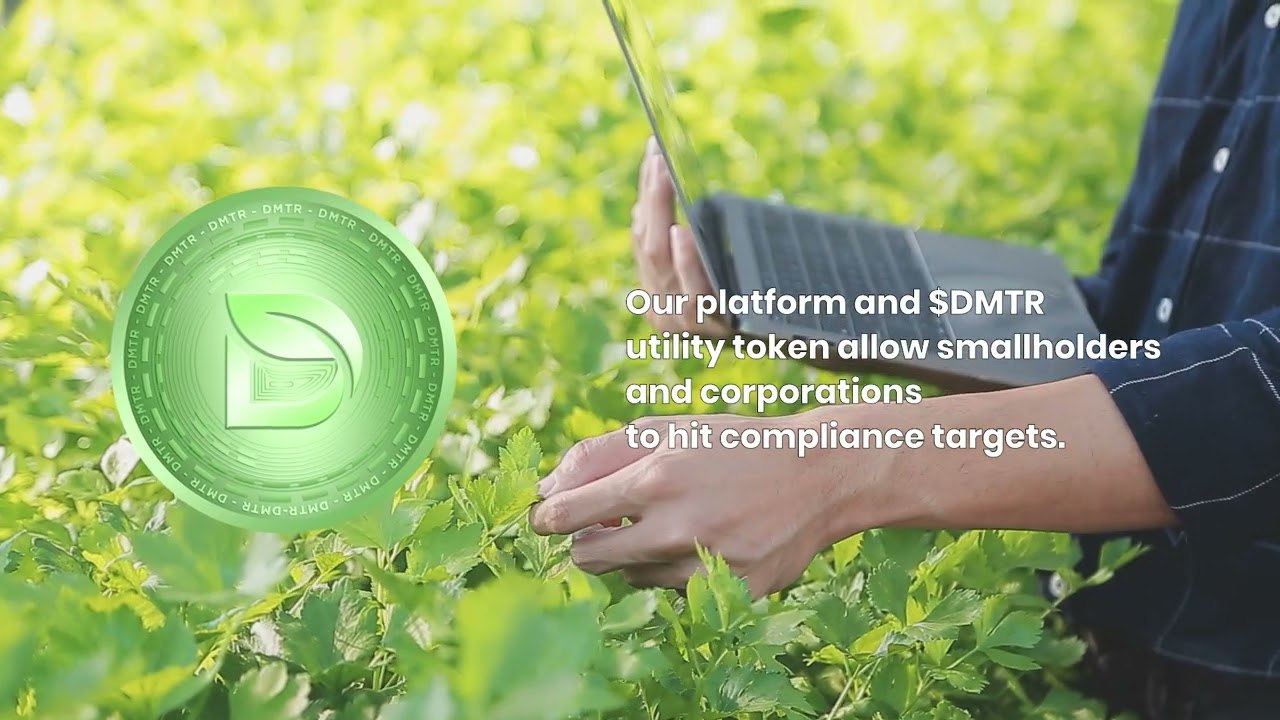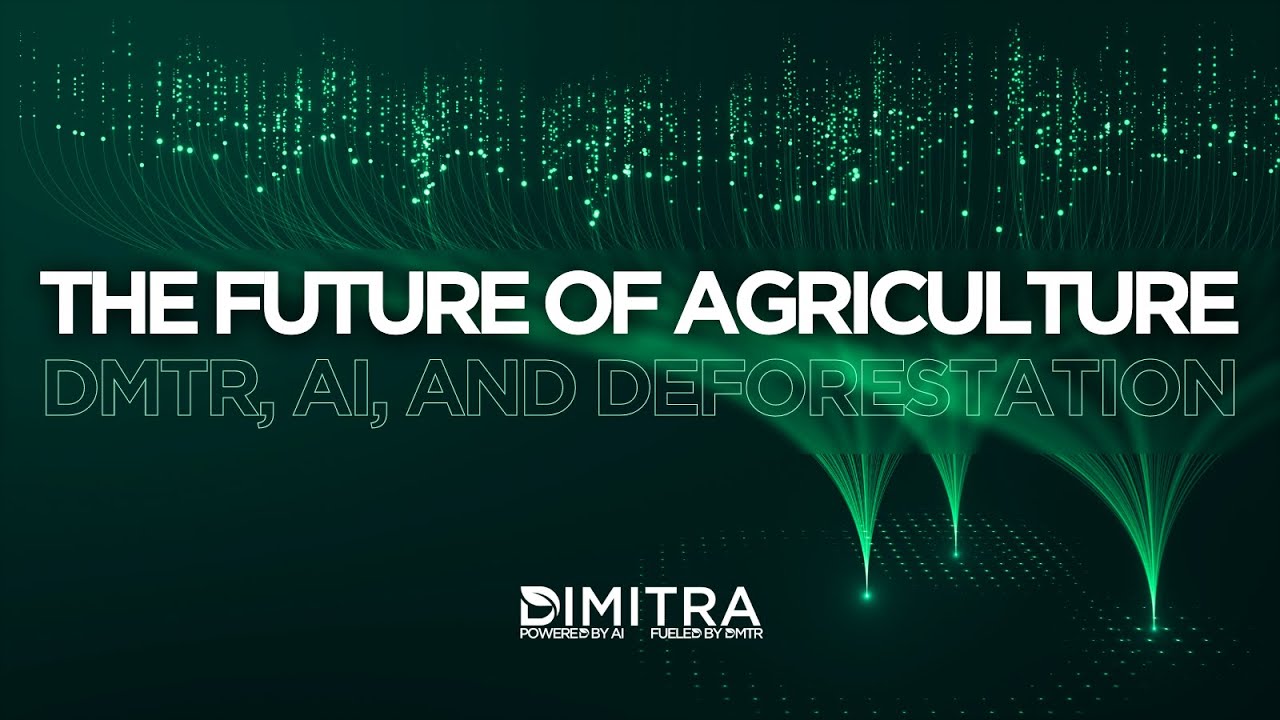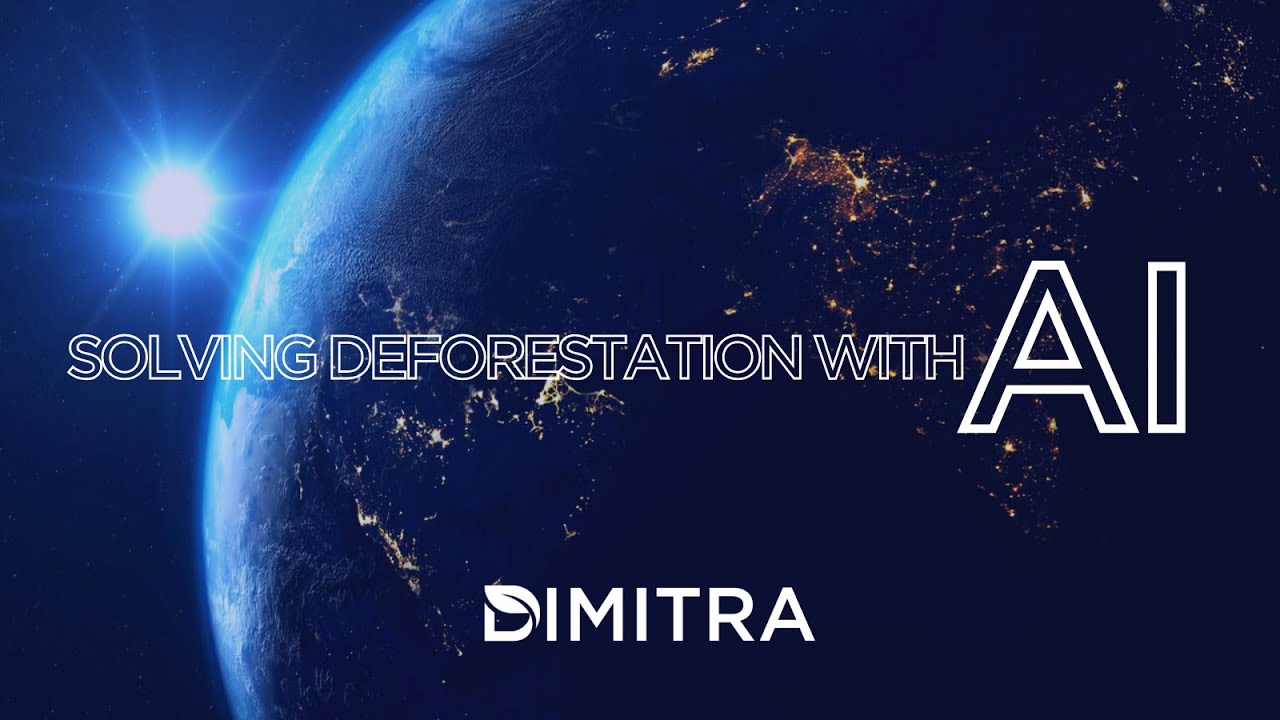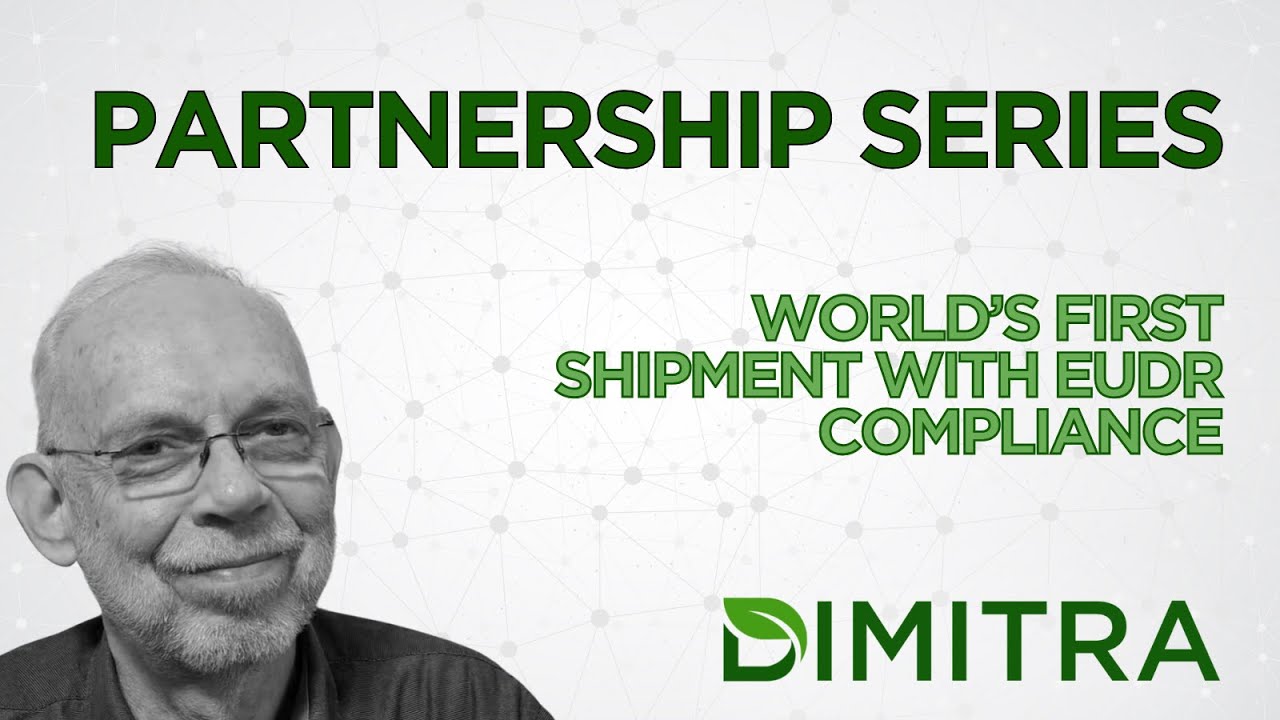Tucked away in the lush, tropical landscape of Indonesia lies a critical lifeline to the country’s economy and a key ingredient in our everyday lives: palm oil.
Indonesia is a proud producer of this essential global commodity. Not only is the country the world’s largest producer, but it also accounts for over half of the global palm oil market — a statistic that underlines not only the crop’s agricultural prominence but also its massive economic footprint.
Within the tapestry of Indonesia’s economy, palm oil threads run deep.
From plantations that dot the islands to the bustling ports where this golden oil begins its journey to markets far and wide, there is no mistaking that the industry supports millions of livelihoods.
It’s a sector that influences more than simple agricultural activity but everything from local employment to national GDP.
Unfortunately, there are pain points in palm oil production. In the face of these challenges, Dimitra Incorporated presents a unique solution to Indonesia’s palm oil problems. Dimitra, a global ag tech company committed to enhancing agricultural practices across the globe, is hoping to uplift the palm oil sector in Indonesia.
This fusion of vision and technology is focused on presenting sustainable solutions to Indonesia’s palm oil farming population. The goal is to address complex challenges in the industry and balance the scales between productivity and preservation.
It’s a mission that goes beyond business — one that aspires to leave a legacy of sustainability for generations to come.
The Palm Oil Paradox
Palm oil securely holds the crown as the world’s most widely consumed vegetable oil. From chocolates to shampoos, its ubiquity is unmatched. This story is not a tale of popularity but rather about efficiency.
When it comes to production, palm oil is in a league of its own.
The palm oil tree, a native of West Africa now flourishing in the tropical landscape of Indonesia, boasts impressive efficiency, producing more oil per hectare than any of its counterparts. Where other oils demand more land, palm oil trees thrive on less. It’s a stark contrast that positions palm oil production as an economical choice as well as an environmentally sound one, at least from a land use perspective.
Even with this increased efficiency in production, the thorny issue of deforestation still persists in the lands catering to this in-demand commodity.
The very land that acts as a home for palm oil plantations often comes at a jarring cost. Indonesia, a verdant expanse of tropical vegetation, has long felt the sting of deforestation. The loss of forests to palm oil plantations can’t be understated. As of 2021, over 15 million hectares of land are dedicated to palm oil plantations.
This fact sits uncomfortably with the global narrative of environmental conservation. However, it’s not as cut and dry as one might think.
The Problem with Deforestation
The green expanse of Indonesian rainforests hosts rich biodiversity that is both rare and remarkable.
As the palm oil industry expands to meet global demand, these natural landscapes face the threat of the ax and chainsaw. The link between cultivation and deforestation is not just a line in the sand. It is a deep chasm that raises alarm bells worldwide.
Deforestation leaves behind a wake of catastrophic environmental challenges. Once thriving habitats for countless species face complete annihilation.
One creature, the orangutan, has become the face of Indonesia’s palm oil problems. It’s said that every year, between 1,000 and 5,000 orangutans are killed in palm oil concessions. These apes find themselves on the brink, their homes replaced by endless rows of palm oil trees. Unfortunately, it’s not only the orangutan that faces the wrath of the world’s appetite for palm oil.
It’s tigers, slow lorises, Sumatran rhinos, clouded leopards, and a myriad of other animals.
This loss of biodiversity is not just a local issue; it’s a global concern, for these forests are the lungs of our planet, sequestering carbon and playing a pivotal role in the fight against climate change.
While the threat of deforestation in Indonesia seems unmistakable, some research suggests otherwise. Research results show biodiversity gain in palm oil plantations in as many as 44 species, with some animals adapting to the changing landscape and taking advantage of the growing expanse of plantations.
This presents a paradoxical problem, one that Dimitra aims to solve.
Understanding the Palm Oil Industry
While palm oil might not have the international acclaim as cocoa pods of coffee beans, its prevalence is unmatched. It’s in everyday products ranging from margarine to cosmetics. Even so, the conversation around palm oil isn’t just about omnipresence; it’s about the ethics of production.
Calls for palm oil boycotts have echoed across the globe, but they may not present a viable solution. As the World Wildlife Foundation (WWF) articulates, “Boycotts of palm oil will neither protect nor restore the rainforest, whereas companies undertaking actions for a more sustainable palm oil industry are contributing to a long-lasting and transparent solution.”
This statement underscores the impact of sustainable palm oil practices over the calls for outright boycotts and rejection.
Indonesia’s B35 Biodiesel Mandate
Another element in the palm oil narrative is Indonesia’s B35 policy.
This biodiesel blend sports a significant percentage of palm oil. Moreover, the new policy increases this percentage from 30% to 35%. This significant shift will bolster domestic palm oil demand by 2 million tons. However, the implications spread far beyond numbers.
Economically, the B35 policy is poised to save billions in foreign exchange and inject trillions into downstream industries. Environmentally, it has the potential to reduce greenhouse gas emissions by millions of tonnes of CO2 by cutting down on fossil fuel consumption.
This policy encapsulates a multifaceted approach, balancing economic gains with environmental consciousness.
Challenges in Palm Oil Production
The path toward sustainable palm oil production faces many challenges. But, within this complex landscape, several stand out:
- Weak Certification Schemes: The efficacy of certifications like RSPO, ISCC, and RSB is sometimes undermined by lenient criteria and inconsistent inspections by independent auditors.
- Declining Oil Extraction Rate (OER): This trend poses a problem for productivity and efficiency.
- Production of Waste and Residue: The industry generates significant biowaste, which, if improperly managed, can lead to environmental and health concerns.
- Pests and Disease: These natural threats can significantly reduce crop yields but can be managed through sustainable methods like biopesticides and biological controls.
- Supply Chain Challenges: Issues in the supply chain can impede the implementation of sustainable practices.
While these challenges require complex solutions, one thing needs to be upfront in these discussions — the role farmers play. It’s easy to cast blame on the workers and farmers who toil away to meet the growing demand for palm oil. However, this blame is misplaced.
Instead, the focus should be on solutions and support. To overcome these obstacles, the industry, other stakeholders, and global organizations need to pave the way for more sustainable palm oil production and cultivation.
The Role of Dimitra
As the discourse around palm oil and deforestation intensifies, Dimitra is determined to develop sustainable solutions that benefit both farmers and the landscape.
Ricky Tanudibrata, Dimitra’s Indonesian country partner, encapsulates this vision succinctly: “Through the use of information, communication, and technology, palm oil plantations can become more sustainable, more transparent, and more acceptable to consumers and the world community because palm oil is a food that is managed responsibly.”
This statement from Tanudibrata is more than mere rhetoric. It underpins Dimitra’s mission and pivotal role in reshaping the narrative of palm oil production.
At the heart of Dimitra’s approach is a blend of cutting-edge technology and traditional farming practices. Their goal isn’t just to create sustainable palm oil plantations but to transform them into models of transparency and responsibility.
From precision agriculture to advanced data analytics, their tools enhance productivity and minimize the environmental impact, all while empowering farmers to leverage this next generation of agricultural technology.
Dimitra’s Solutions and Impact
Dimitra’s innovative approach to sustainable agriculture, partially palm oil production, hinges on several key areas:
- Mapping of Plantation and Sustainable Practices: Through the Connected Farmer platform, palm oil farmers can accurately map their plantations. This mapping, along with data on land health, species, and production estimates, empowers farmers to adopt more sustainable practices.
- Improving Farmer Welfare: Dimitra helps farmers leverage the power of technology to increase productivity, reduce costs, and mitigate risks. The result? A boost in not only welfare for farmers but also a contribution to the overall sustainability of the industry as a whole.
- Traceability and Compliance: Dimitra’s technology ensures traceability in the supply chain. This is a crucial aspect of meeting environmental regulations. Transparency is essential to maintain consumer trust as well as to adhere to standards like the EU Deforestation Regulation.
- Use of Technology in Crop Management: Satellite remote sensing technology provides valuable insights into soil health, plant health, and age. These tools are invaluable for detecting pests and diseases. As well as for guiding the rejuvenation of plantations with the end result of enhancing overall crop management.
Combating Deforestation
In the fight against deforestation, Dimitra’s next-generation ag tech solution, the Deforestation Module, plays an essential role.
The emphasis on traceability within the palm oil supply chain is not just about understanding the product’s origin or pinpointing production issues. It is also a crucial tool in complying with guidelines like the EU’s Deforestation Regulations.
Dimitra’s tools enable accurate monitoring and reporting, which serve as fundamental building blocks in the battle against deforestation. This ensures responsible cultivation practices across Indonesia and the world.
Diversified Farming as a Solution
Diversified farming, particularly the introduction of cattle farming alongside palm oil cultivation, offers a promising solution to the challenges faced by smallholder farmers.
During the rejuvenation phase of palm oil production, which often lasts two to three years, farmers often face a lack of income. By leveraging diversified farming practices, these farmers can develop an alternative revenue stream during this period.
Not only does it provide additional income and financial stability, it also improves the ecological balance by integrating different farming practices. This diversification is encouraged by local leaders and is gradually being embraced as a viable and sustainable option for palm oil farming communities.
Moving Forward: Dimitra’s Commitment
There is no denying that Indonesia’s palm oil industry is a vital cog in the nation’s economy. But, it stands at a crossroads.
Deforestation and sustainability challenges cast a long shadow, and the need for innovative solutions has never been more pressing. Here, Dimitra, with its suite of adaptable and advanced farming technologies, acts as a guide, shepherding Indonesian palm oil farmers into the future of agriculture.
Its solutions not only address the industry’s immediate pain points but also pave the way for a more sustainable future.
As Dimitra continues to lead the charge, the promise of a more sustainable, transparent, and efficient palm oil industry in Indonesia becomes an increasingly tangible reality.
